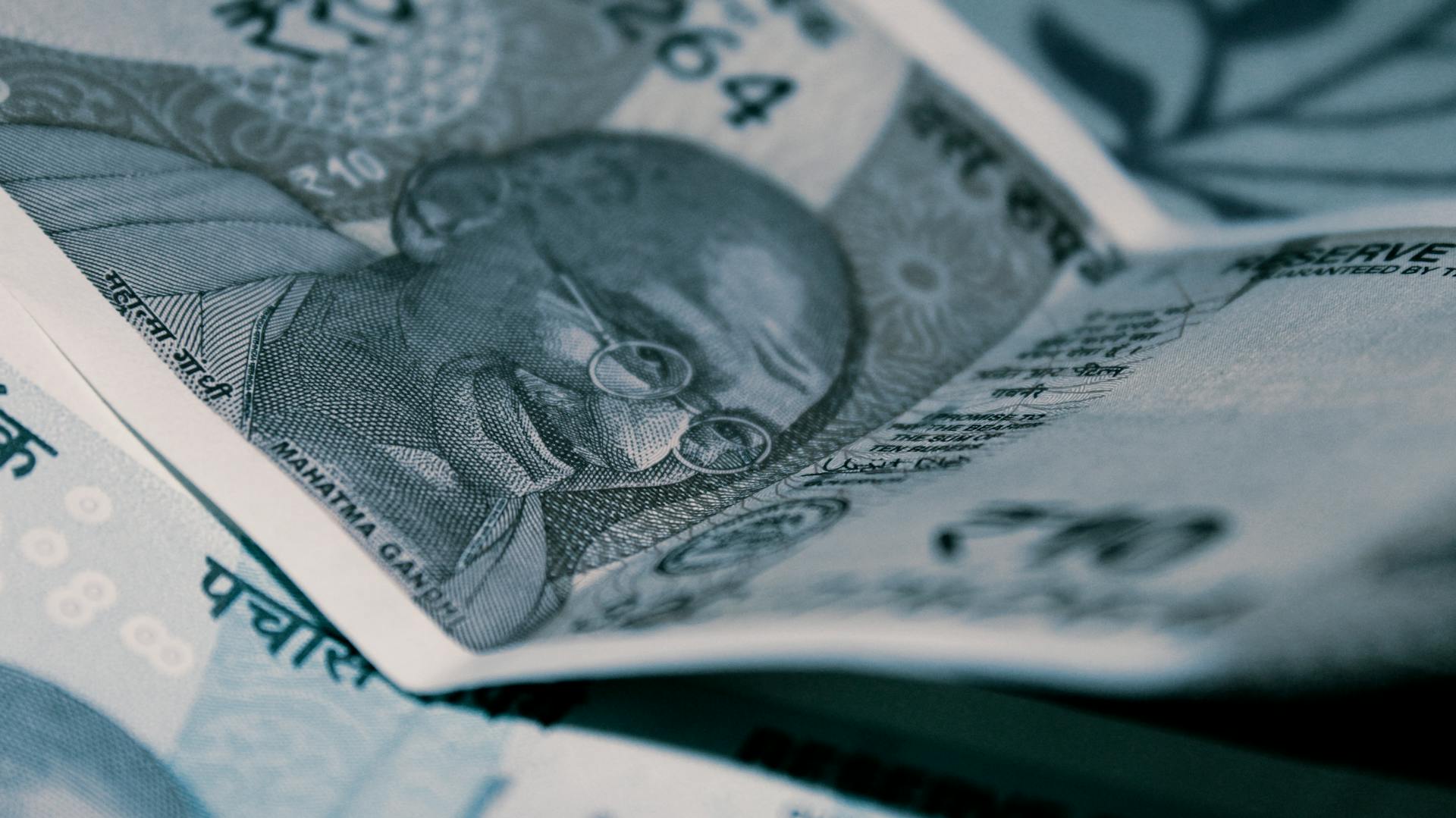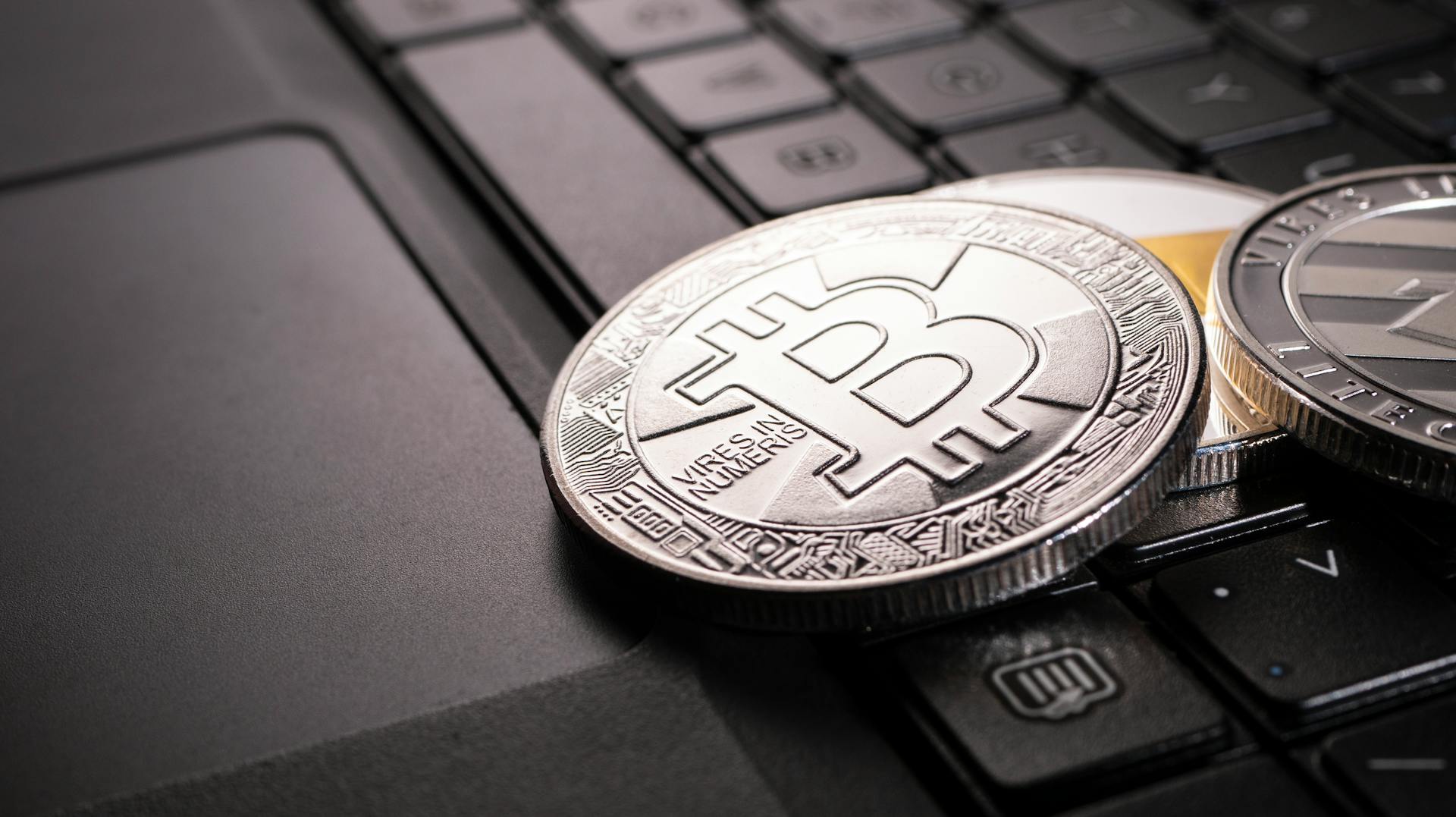
P2P foreign currency exchange is a platform that connects individuals looking to exchange currencies with each other directly, cutting out intermediaries like banks.
This method is often more cost-effective, with fees ranging from 0.5% to 1.5% compared to traditional bank transfers which can have fees of up to 5%.
By using P2P exchange platforms, users can save money and have more control over their exchange rates.
These platforms also offer a range of currencies, with some offering over 50 different options.
What Is P2P Foreign Currency Exchange?
P2P foreign currency exchange is a platform where individuals can exchange currencies online, cutting out the middleman like banks and foreign exchange services. This means users can make trades directly between themselves, potentially getting a better rate on their exchange.
You can use desktop computers, tablets, or smartphones to make exchanges, as long as you have an internet connection. This convenience is especially useful for common currencies like dollars, pounds, euros, and yen.
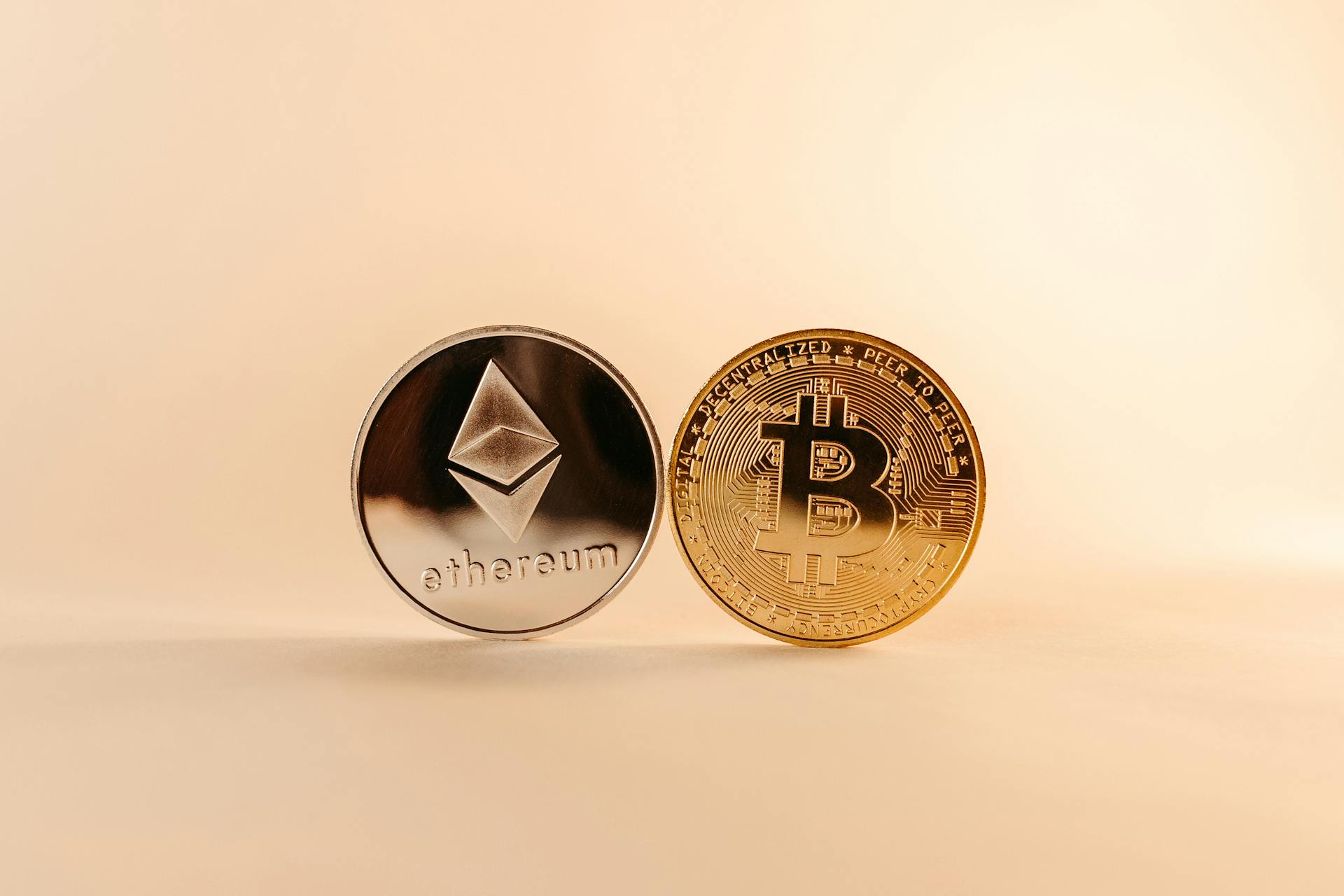
Exchanges are particularly useful for currencies with high demand, but users of smaller currencies may struggle to find a good match. Some platforms may not deal with smaller currencies at all, due to low liquidity or regulations.
Here are some key benefits of P2P foreign currency exchange:
- Cut out the middleman and potentially get a better rate
- Convenient to use on desktop computers, tablets, or smartphones
- Especially useful for common currencies with high demand
However, users of smaller currencies or those exchanging large amounts of money may have trouble finding a match.
How It Works
P2P foreign currency exchange is a convenient way to transfer money across borders without going through traditional banks. It works by matching users who want to send money with others who want to receive it, creating a direct transaction between the two parties.
The process is simple: users register with a P2P currency exchange service, deposit funds, and then confirm the transfer. The exchange rate is determined by the platform, and users can choose to accept the offered rate or bid on a different one.
Most P2P platforms use an escrow system to hold the funds until both parties confirm the transaction, reducing the risk of fraud. This system also provides a layer of security for users, ensuring that their funds are safe until the transaction is complete.
Users can send money to any person or business account, even to their own account in another country, without the need for a physical currency exchange. The funds are transferred within one to two days through a simple domestic transfer.
Here are the general steps involved in a P2P foreign currency exchange:
- Create an account on the P2P platform and deposit funds.
- Confirm the transfer and choose the exchange rate.
- The platform matches the transfer with someone who wants to send money in the opposite direction.
- Once a match is found, the platform transfers the funds directly to the recipient's account.
Some P2P platforms offer additional features, such as the ability to send money to multiple recipients at once or to schedule recurring transfers. Others may offer more flexible payment methods, such as bank transfers, online wallets, or even cash payments.
In some cases, the platform may step in to provide liquidity if there's a shortfall or no good currency matches, but this may come with an additional fee.
Benefits and Risks
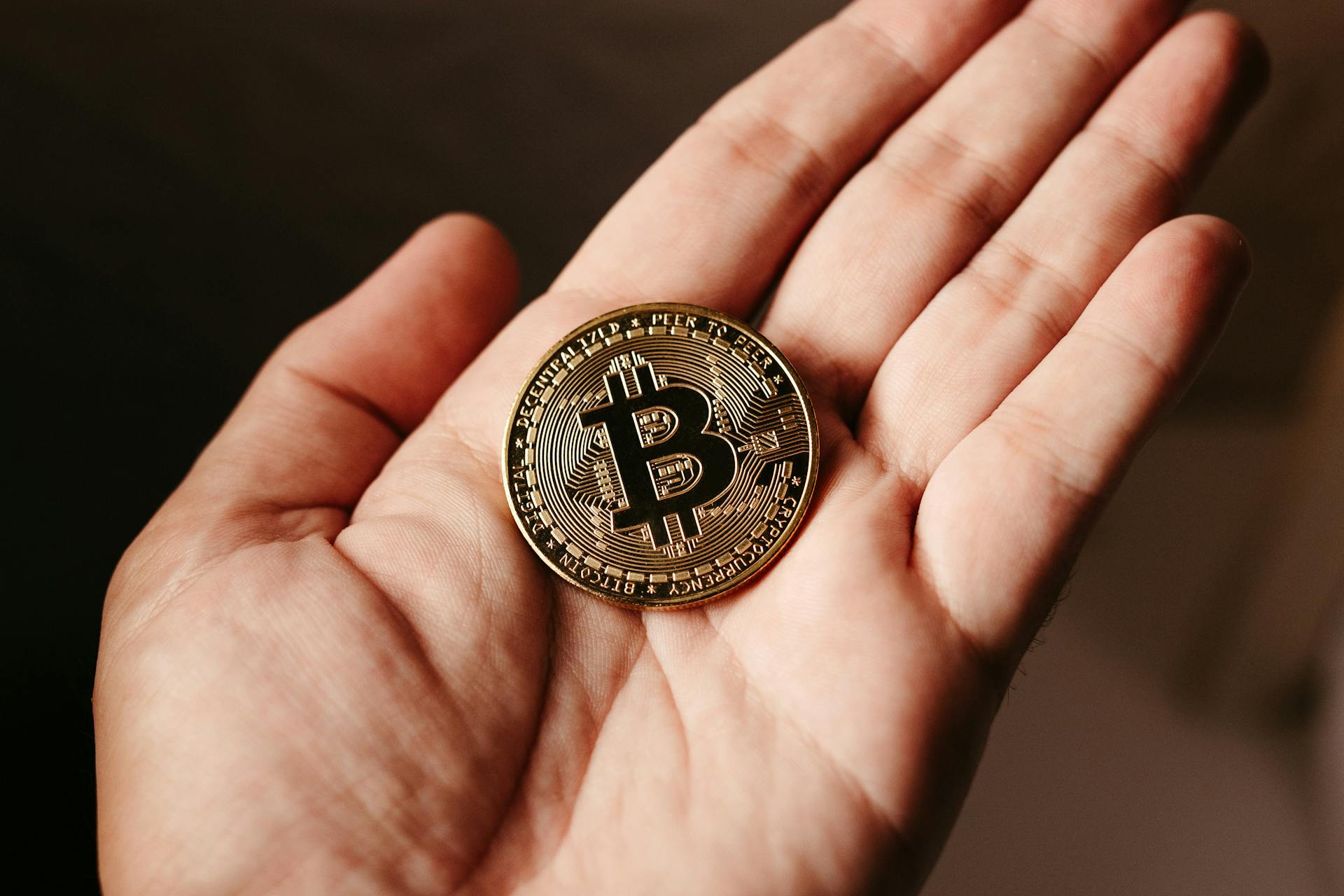
P2P foreign currency exchange offers numerous benefits, including privacy and control, as users can trade with minimal personal information required. This is particularly appealing to those who value their anonymity.
With P2P exchanges, you have control over your trading partners, terms, and methods of payment, giving you a personalized trading experience. This flexibility allows you to choose the payment method that best suits your needs.
Direct transactions on P2P exchanges mean no middlemen or intermediary fees, resulting in lower overall transaction costs. This can be a significant advantage for those who trade frequently.
Here are some of the key benefits of P2P foreign currency exchange:
- Privacy and Control
- Variety of Payment Options
- No Middlemen
- Empowerment of Users
How Providers Make a Profit
Peer to peer providers make a profit by charging a service fee, usually a percentage of the amount you're transferring. For example, Wise charges fees starting from 0.4%.
These fees can add up for larger transfers, making them a significant source of income for P2P providers. Some platforms may also offer premium services or features for an additional fee.
A unique perspective: Chase Foreign Currency Exchange Fee
Benefits of Trading
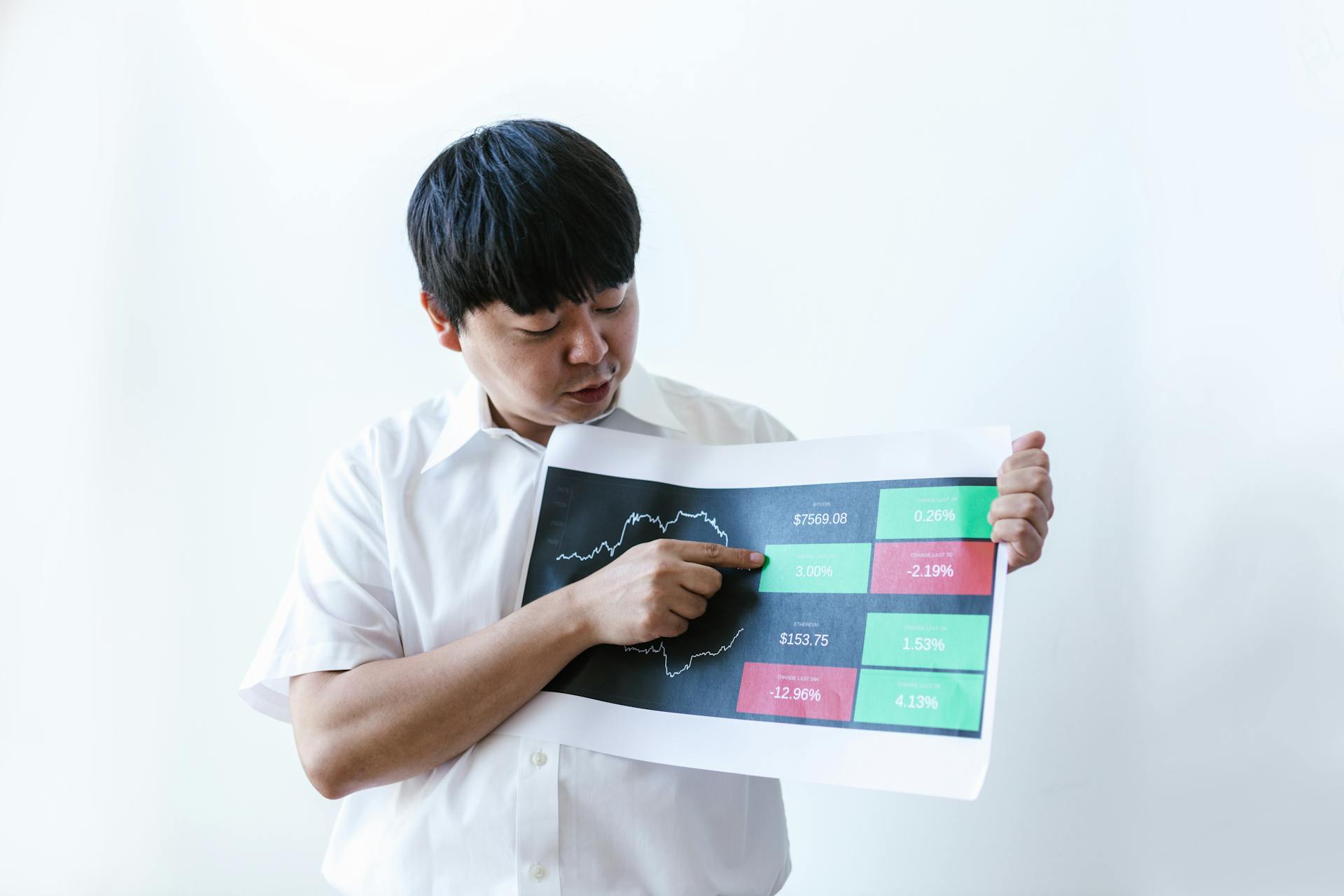
Trading on P2P exchanges can be a rewarding experience, offering a range of benefits that set it apart from traditional trading platforms.
P2P exchanges typically require less personal information from users, which appeals to those who value their privacy. This allows traders to maintain a level of anonymity while still participating in the market.
One of the key advantages of P2P trading is the variety of payment options available, including bank transfers, online wallets, and even cash payments. This flexibility makes it easier for users from all over the world to trade cryptocurrencies in a manner that best suits their needs.
Direct transactions on P2P platforms mean no middlemen or intermediary fees, resulting in lower overall transaction costs. This can be a significant advantage for traders looking to maximize their profits.
By enabling direct interactions, P2P exchanges empower users to influence trading conditions directly, potentially leading to more equitable trading scenarios.
Here are some of the key benefits of P2P trading:
- Privacy and control over trading partners and methods of payment
- Variety of payment options, including bank transfers, online wallets, and cash payments
- No middlemen or intermediary fees
- Empowerment of users to influence trading conditions directly
Security
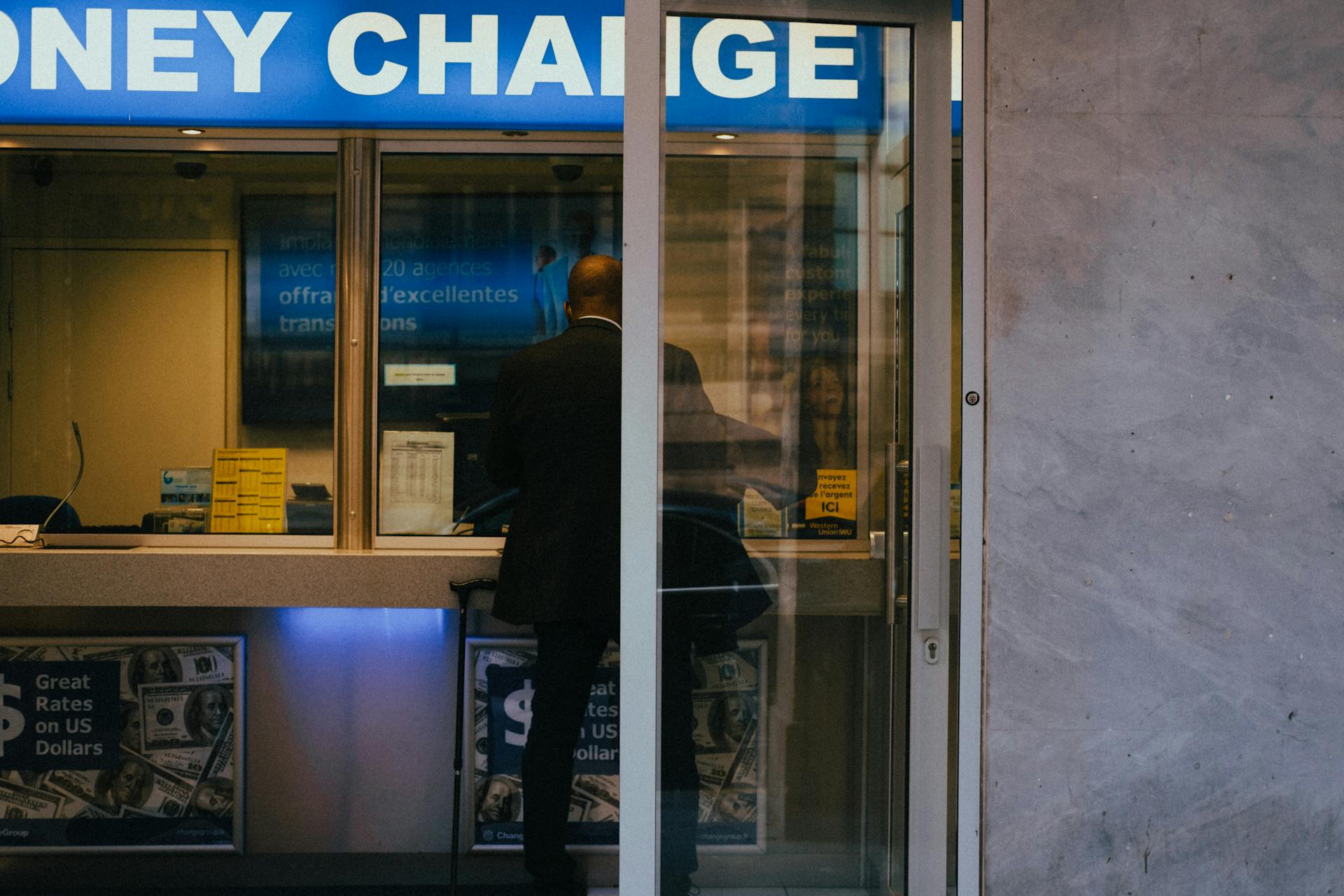
Security is paramount when using a P2P foreign currency exchange platform. You need to study its security system to ensure your money is protected.
One way to validate a platform's security is to check how it processes transactions, such as through an escrow or other means. You can find this information on the platform's website or white paper.
Choose platforms that implement stringent security protocols like two-factor authentication (2FA), cold storage options, and strong encryption to safeguard your digital assets. These measures are fundamental for protecting your investments.
Regulation is also an important factor in ensuring the safety of your transactions. Look for platforms that are regulated by reputable bodies, such as the Australian Securities and Investments Commission (ASIC).
Platforms and Services
P2P currency exchange platforms are online marketplaces that allow you to securely exchange currencies easily and quickly. They work by matching buyers and sellers with each other based on their desired exchange rates and payment methods.
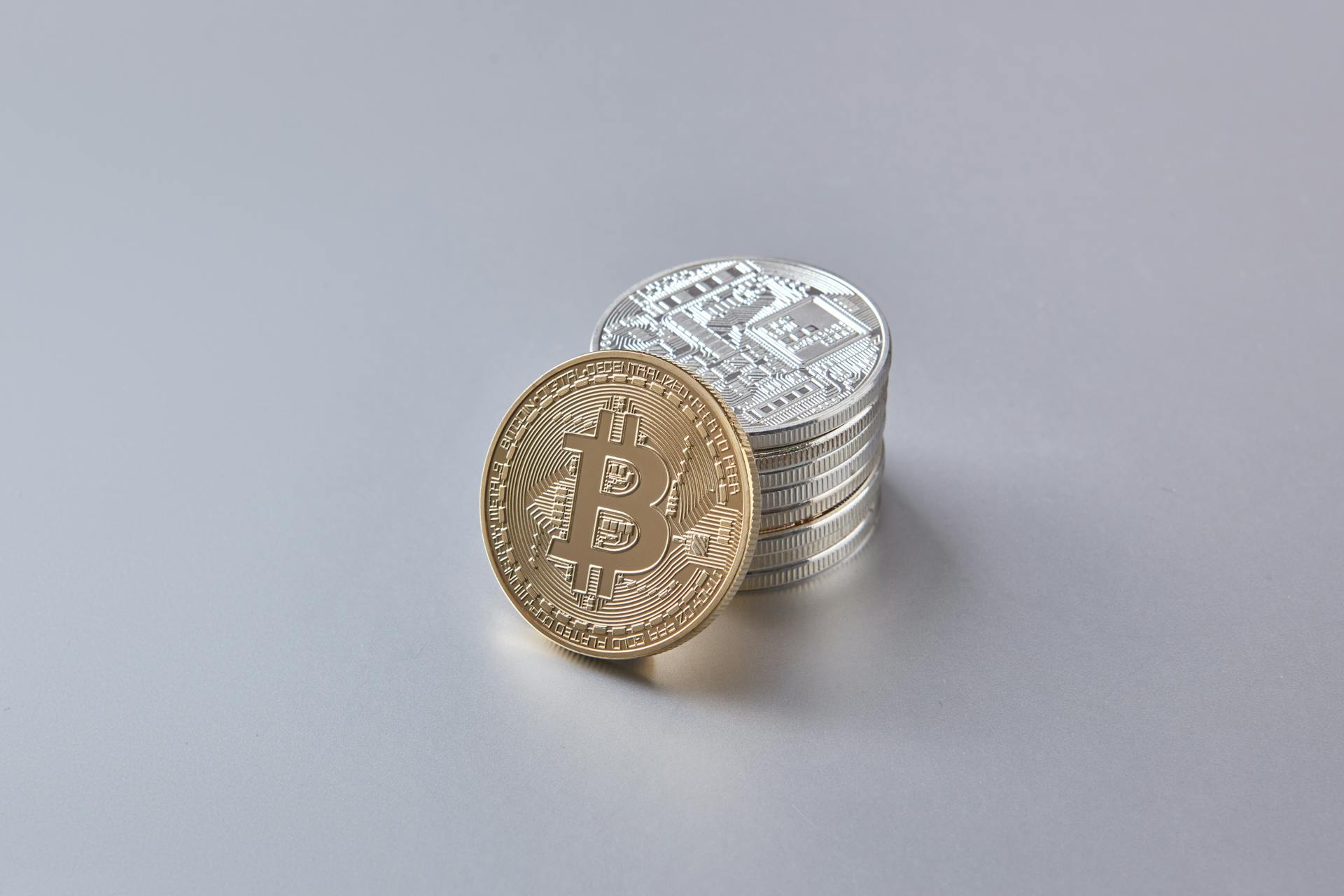
To find a reliable P2P platform, study its features, read the terms and conditions, and examine its security system. This will help you understand how the platform operates and identify any potential risks.
Some platforms, like Kyshi, offer a marketplace where you can send money between countries at your preferred rate. To use Kyshi's platform, log into the app, select your "send" and "receive" currency, and enter your transaction amount and desired exchange rate.
Here are some key features to look for in a P2P platform:
- Study the platform's features
- Read the terms and conditions
- Study its security system
- Check for reviews
- Always check for the best exchange offers
P2P platforms also offer flexibility in payment methods, including bank transfers, PayPal, and cash payments. They often use an escrow system to hold funds until both parties confirm the transaction, reducing the risk of fraud.
What Is a Platform?
A platform is essentially a middleman that connects buyers and sellers, making it easier for them to find each other and make transactions.
These platforms work by matching buyers and sellers based on their desired exchange rates and payment methods.
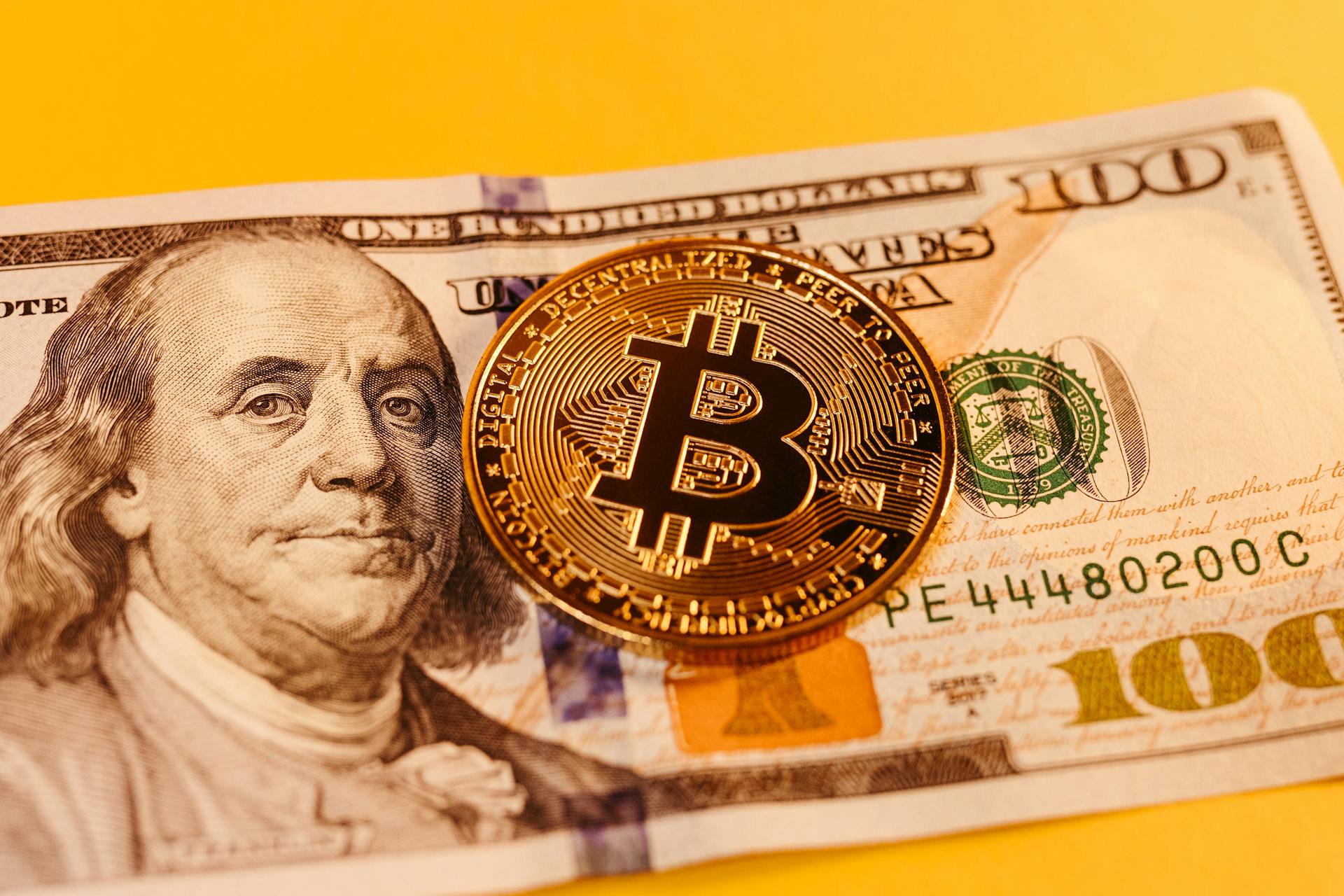
For example, a peer-to-peer currency exchange platform matches buyers and sellers of different currencies based on their exchange rates.
This way, buyers can get the best possible exchange rate, while sellers can get paid quickly and securely.
A platform can also facilitate transactions by holding funds in escrow until both parties have confirmed that the exchange has been completed.
This helps to protect both buyers and sellers from fraud and ensures that the transaction is smooth and hassle-free.
Choosing the Right Service
Look for a firm that does high volume, as this is essential for better rates, quick conversions, and smooth transfers. The more transactions, the more liquidity, so check the number of currencies the exchange offers and the time it takes to carry out transfers.
Check that the firm exchanges your specific currencies. This is crucial to ensure that you can use the service for your needs.
Compare the exchange rates and fees of different firms to find the best option for you. Don't be afraid to shop around and take your time to make an informed decision.
For another approach, see: When Is the Best Time to Exchange Currency
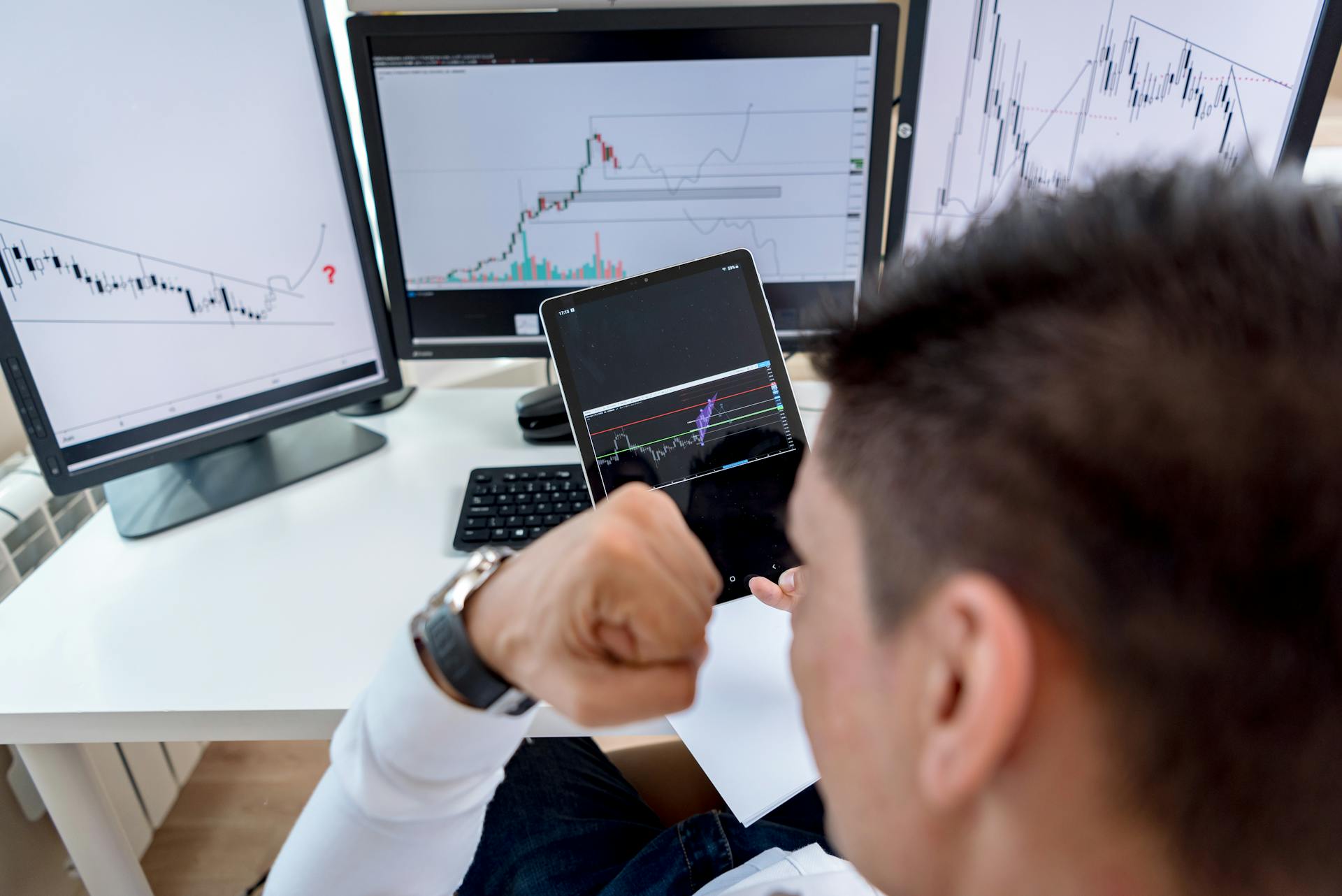
A firm that keeps customer money in segregated accounts is a safer choice, as this offers better protection for customers in case the company has financial difficulties.
Here are some key factors to consider when choosing a P2P currency exchange service:
- High volume and liquidity
- Exchange of specific currencies
- Competitive exchange rates and fees
- Segregated customer accounts
- Registration with the authorized country agency and necessary licenses
By considering these factors, you can make an informed decision and choose the right service for your needs.
Costs and Fees
P2P foreign currency exchange platforms offer significant cost savings compared to traditional banks. The average saving rate on international transfers for P2P users compared to banks ranges between 75% to 90%.
For example, CurrencyFair charges just £8.50 for a £2,000 transfer, which is a massive saving compared to a bank's fee of £100 or 5% of the exchange. This is because P2P platforms don't charge the same high fees as banks.
Understanding the fee structure is vital when using P2P exchanges, especially for trading fees. It's essential to compare fees across various platforms to find the lowest fees without hidden charges.
Curious to learn more? Check out: Currency Conversion Fee vs Foreign Transaction Fee
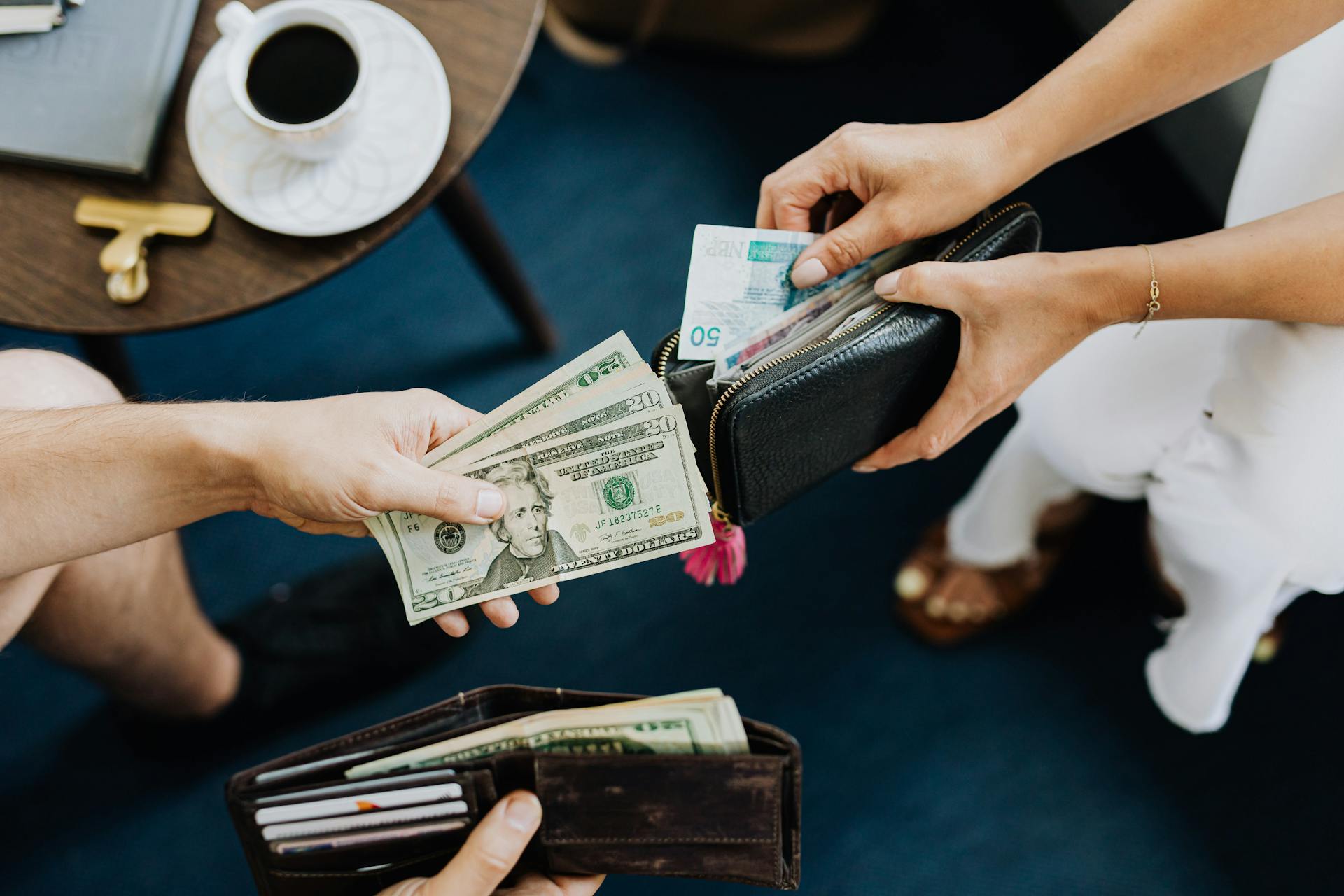
P2P exchanges charge various fees, including transaction fees, escrow fees, withdrawal fees, advertisement fees, and currency conversion fees. These fees can add up quickly, so it's crucial to check the fee structure carefully before trading.
Here's a breakdown of the common fees you'll encounter on P2P exchanges:
By understanding these fees, you can manage your costs and enhance your trading experience on P2P platforms.
Payment and Transfer
P2P foreign currency exchange platforms offer a range of payment methods to facilitate smooth transactions. You can fund your transfers using bank transfers, credit cards, or e-wallets like PayPal.
Some platforms, such as Wise, support transparent and low-cost services with no hidden fees. They use the mid-market rate, which is the rate you see on Google or XE, with a small upfront fee.
P2P platforms typically take 1-4 business days to complete transfers, similar to bank transfers. The timing depends on the amount and destination country.
Consider reading: Does Td Bank Exchange Foreign Currency
The process of transferring funds through a P2P provider is simple and similar to other money transfer methods. Here's a step-by-step overview:
- Create an account on the P2P platform, providing details like the amount you’re transferring, currencies, and both your and the recipient’s bank details.
- Send funds to the platform’s account.
- The platform matches your transfer with someone who wants to send money in the opposite direction.
- Once a match is found, the platform transfers the funds directly to the recipient’s account.
Regulation and Reputation
P2P foreign currency exchange firms are regulated in various ways, including being administered by Her Majesty’s Revenue & Customs (HMRC) and falling under the scrutiny of the U.K. Financial Conduct Authority (FCA).
Some companies are regulated by more than one country, such as CurrencyFair, which is regulated by both the Australian Securities and Investment Commission (ASIC) and the Central Bank of Ireland. Others, like moneyswap, are licensed as a Hong Kong Money Services Operator and further regulated under the FCA in the United Kingdom.
To check if a company is registered or authorized, you can visit the Financial Services Register for the FCA status of the company. This can provide better security for the user and a higher chance of recovering money should the company slip into financial difficulty.
Is Trading Taxed?
Trading on P2P platforms is generally subject to taxation similar to other forms of cryptocurrency transactions.
Profits earned from buying and selling cryptocurrencies via P2P platforms are treated as capital gains and taxed accordingly.
If you sell cryptocurrency for more than you paid for it, you could owe taxes on the gain.
The specifics can vary by country, so it's essential to consult local tax regulations to understand your obligations.
Frequent trading or receiving substantial income through P2P platforms may be considered taxable income.
Regulation
Regulation is a crucial aspect of P2P currency exchanges, and it's essential to understand how they're overseen. Many P2P foreign currency exchange firms are based in or have registered offices in the United Kingdom, where they're administered by Her Majesty's Revenue & Customs (HMRC) and must follow the Money Laundering Regulations 2007.
Some companies, like CurrencyFair, are regulated by more than one country. For example, CurrencyFair is regulated by the Australian Securities and Investment Commission (ASIC) in Australia and the Central Bank of Ireland in Ireland. This dual regulation provides an added layer of security for users.
On a similar theme: Irish Currency before Euro
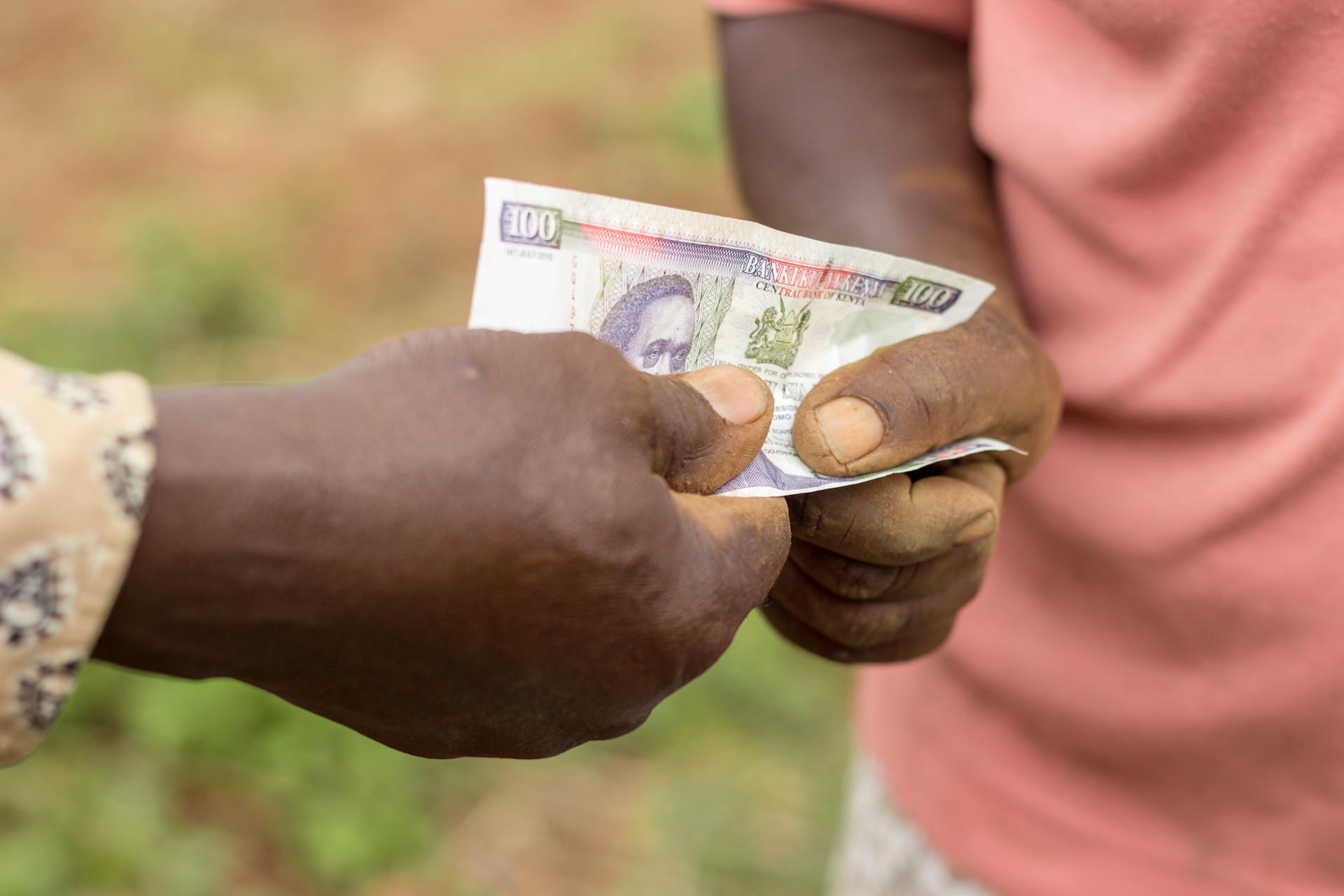
Companies like moneyswap are licensed as a Hong Kong Money Services Operator and are further regulated under the FCA in the United Kingdom as a small payment institution. This highlights the importance of checking the regulatory status of a company before using their services.
The U.S. Department of the Treasury's Financial Crimes Enforcement Network (FinCEN) oversees P2P currency exchange firms like VenStar Exchange in the United States. Firms are licensed as money transmitters by their respective state banking departments and must follow anti-money laundering (AML) policies.
Companies that are authorized by the FCA, like International Foreign Exchange, must separate their customers' money from their own at the end of each day in a process known as ringfencing. This provides better security for users and a higher chance of recovering money should the company slip into financial difficulty.
To ensure you're using a reputable P2P currency exchange, check the Financial Services Register for the FCA status of the company. You can also check if the company is regulated by multiple countries, which can provide an added layer of security.
Here's a list of some popular P2P currency exchange firms and their regulatory status:
- TransferWise: Registered with HMRC and FCA
- Frontierpay: Registered with HMRC and FCA
- Midpoint: Registered with HMRC and FCA
- moneycorp: Registered with HMRC and FCA
- Azimo: Registered with HMRC and FCA
- GlobalWebPay: Registered with HMRC and FCA
- OFX: Registered with ASIC and Central Bank of Ireland
- Smart Currency Exchange: Registered with HMRC and FCA
Reputation
A platform's reputation is a strong indicator of its reliability. A well-regarded platform usually reflects excellence in security, customer service, and overall user satisfaction.
User reviews and testimonials are essential for gauging other traders' experiences. Explore these to get a sense of a platform's reputation.
A platform's reputation is a reflection of its ability to provide a rewarding P2P trading experience.
Frequently Asked Questions
What is a P2P transaction in forex trading?
A P2P transaction in forex trading is a direct transfer of funds between individuals using a website or app, often with a competitive exchange rate for international payments. This secure and efficient method allows buyers and sellers to exchange currencies directly, bypassing traditional financial institutions.
What is the best currency exchange platform?
For high-value transactions, 3SMoney is a top choice due to its robust infrastructure and unlimited transfer capabilities. It's ideal for significant business transactions and more.
Sources
- https://www.investopedia.com/articles/forex/030215/understand-peertopeer-foreign-currency-exchange.asp
- https://www.kyshi.co/blog/how-to-use-peer-to-peer-currency-exchange-platforms
- https://mozo.com.au/international-money-transfer/resources/guides/what-are-peer-to-peer-international-money-transfers
- https://www.bitcoin.com/exchanges/p2p-crypto-exchanges/
- https://www.moneyland.ch/en/peer-to-peer-money-transfers
Featured Images: pexels.com
